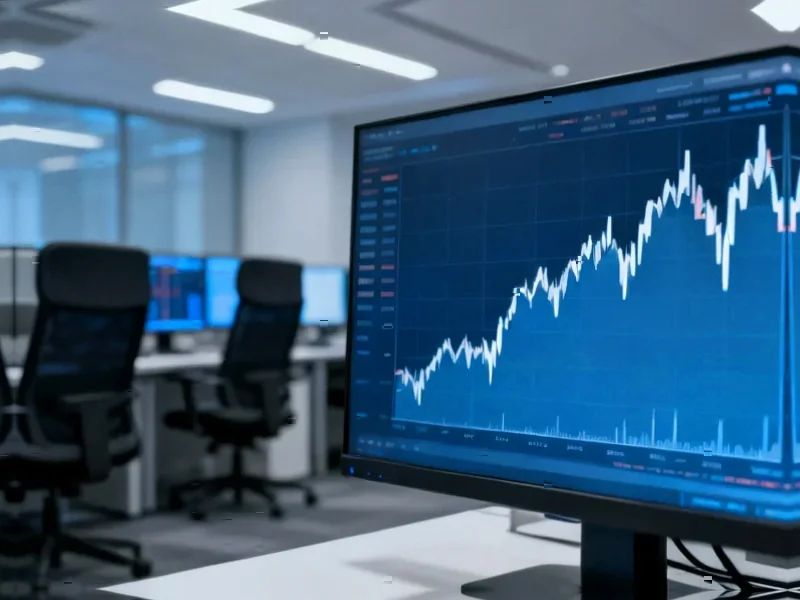According to Supply Chain Dive, Nestlé is upgrading its ERP system from SAP S/4HANA Finance to a more AI-focused platform while simultaneously planning to cut 16,000 jobs—about 6% of its global workforce—over the next two years. The company’s CIO Chris Wright said the upgrade will provide more flexibility and insights to roll out new products globally faster. CEO Philipp Navratil admitted Nestlé “has not been the most efficient company in the past” and wants to speed decision-making through digitization. Three-quarters of the job cuts will affect corporate workers, with the rest coming from manufacturing and supply chain roles. Nestlé migrated its entire SAP ERP to the SAP Private Cloud back in 2022, and SAP plans to end mainstream support for the legacy ECC system in 2027.
<h2 id="erp-upgrade-reality”>The ERP upgrade everyone’s doing
Here’s the thing about these big ERP upgrades—every major corporation is either doing one or planning one right now. SAP’s 2027 deadline for ending support for ECC systems has created this massive wave of forced modernization. Basically, companies that have been running on decade-old systems suddenly have a gun to their head. Nestlé’s move to the cloud in 2022 was just step one—now they’re building the AI and automation layer on top.
The uncomfortable job cuts connection
Let’s be real—when a company announces a major automation push alongside massive job cuts, it’s not a coincidence. Nestlé’s cutting 16,000 jobs while talking up AI and automation benefits. The math isn’t subtle. Three-quarters of those cuts are corporate roles—exactly the kind of positions that get automated by smarter ERP systems. But is this just cost-cutting dressed up as digital transformation? Probably some of both. The company’s CEO basically admitted they’ve been inefficient for years.
What this means for supply chains
The real prize here is real-time supply and demand matching. Nestlé’s talking about advanced order fulfillment that can adjust instantly between in-store and online retailers. That’s huge for a company that sells everything from coffee to chocolate to bottled water. Think about it—if they can actually match production to real-time demand across thousands of products globally, that’s billions in potential savings from reduced waste and optimized inventory.
The bigger picture
We’re seeing this pattern everywhere now—major corporations using the “AI revolution” as cover for restructuring and workforce reduction. But there’s a genuine transformation happening too. Legacy ERP systems simply can’t handle the data volumes and real-time processing that modern supply chains require. The question is whether these upgrades actually deliver the promised benefits or just become expensive IT projects that don’t move the needle. Given Nestlé’s track record of inefficiency, they’ve got a lot to prove.




